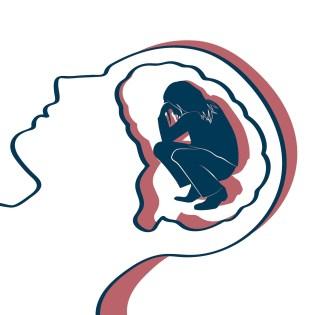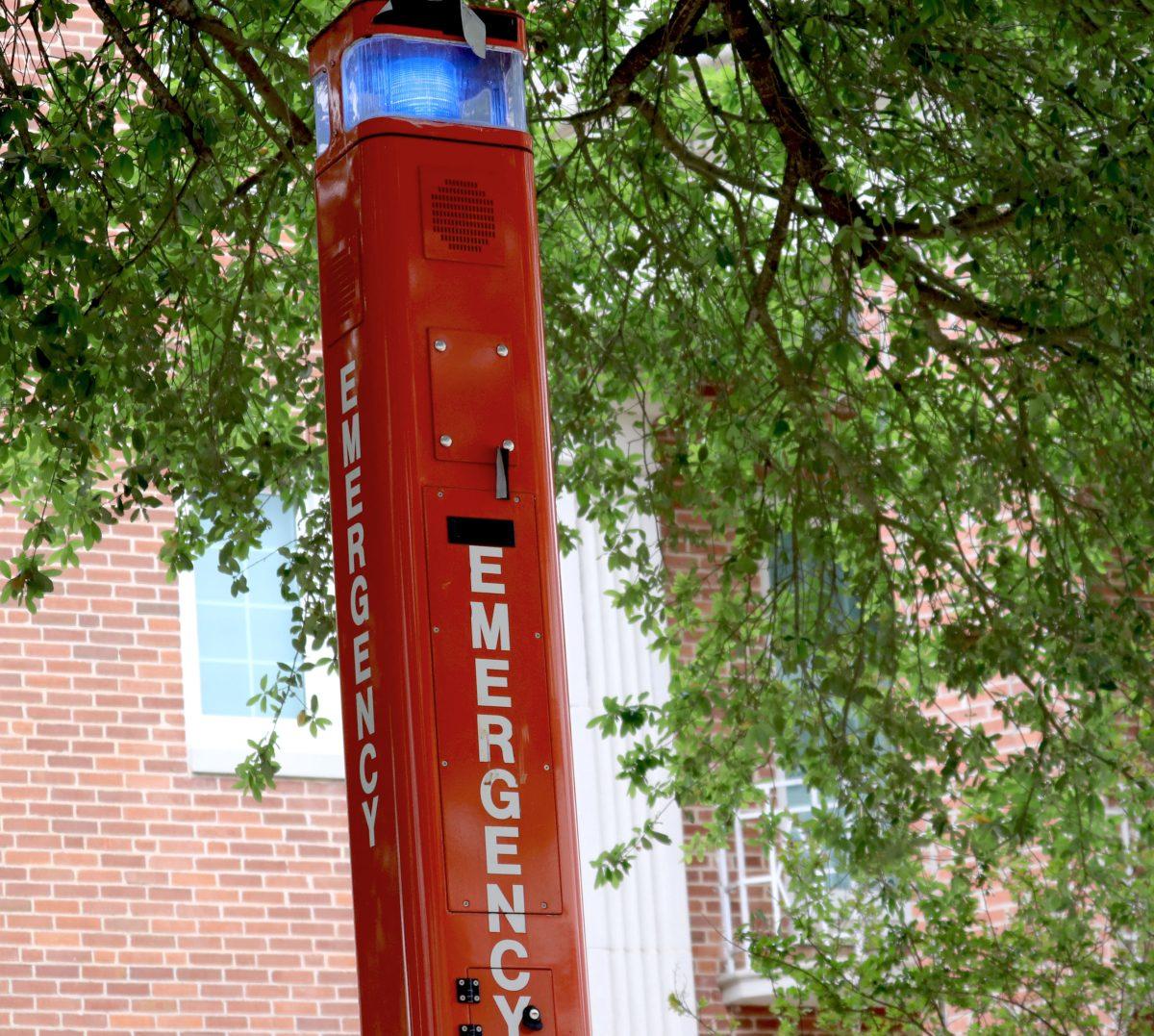
Americans are being asked to make tough decisions in order to slow down the COVID-19 coronavirus pandemic and not to overwhelm the healthcare system. The most common is the concept of “social distancing,” a term that refers to staying at home and avoiding social situations. This policy of isolation, while necessary, can be damaging to our mental health, as we are accustomed to connecting with friends at school or around town.
A few side effects on our mental health that social distancing bring include depression, anxiety and stress. Prolonged loneliness can affect the way our brains work, often making our mental processes slower and therefore affecting our decision making. This can ultimately affect grade point averages, even with the excess time online schooling brings.
Technology, despite being seen as a solution to the social distancing problem, cannot fill the void of interaction. Viewing hours of consecutive media on sites such as YouTube, Twitter or Netflix will only distract the mind for a short period of time and may lead to addictive tendencies.
There are solutions to help deal with the mental issues caused by isolation without endangering yourself and others by leaving home in this time of crisis.
One is to keep yourself physically healthy while inside your home. Although the bed may sing temptations for you to lay on it for hours on end, you must force yourself away from it. Instead, try performing stretches, yoga and aerobic exercise to get your heart pumping and encourage a positive state of mind.
Meditation is another way to keep your mental state healthy. Simply closing your eyes and focusing on your breath for up to two minutes a day can help center your thoughts and renew focus.
There are ways to stay in close contact with your friends and others without going outside. Online messaging and texting are too impersonal; nothing can beat hearing and seeing another human being. Talking with someone via FaceTime, Skype or even a phone call with a friend can help manage the loneliness that the two of you are going through.
If you didn’t get the chance to contact others before the pandemic began, try reaching out to classmates on discussion boards via Blackboard or apps like GroupMe. There is a good chance your class has one already, so be sure to check your student email.
It shouldn’t be too difficult to find someone to chat with on these apps. If you message and say something as simple as, “I would like to chat with someone here,” chances are, someone will respond. You never know, you might end up making friends you can’t wait to meet in person once this quarantine is over.
This pandemic is proving to be a tough time for everyone and the world at large. This period of isolation can make people feel helpless and alone. Maintaining your mental health and encouraging online social interaction is vital to surviving the COVID-19 pandemic and should not be neglected. Taking these steps will ensure that we too will remain sane until the world is again.





